Summary
- Japanese version of Solo Leveling made changes to names and locations, including removing any mention of Korea.
- Anime adaptation kept original names and places, including references to Jeju Island in South Korea.
- Jeju Island Arc in Season 2 expected to criticize Japanese hunters, reflecting tensions between Japan and South Korea.
Ahead of the Jeju Island Arc, Solo Leveling fans have discussed the differences between the anime and the Japanese version of the manhwa. Solo Leveling is currently airing its second season worldwide, but what many fans don’t know is that, prior to the anime release, there was a fear among fans that the anime production would stick to the changes made in the Japanese version of the manhwa.
Solo Leveling is originally a webnovel by Chugong, but it was the webcomic adaptation by Dubu (Studio Redice) that turned the series into a hit for international audiences. The Solo Leveling manhwa adaptation is licensed in Japan by Kadokawa, although Kakao Corp. also publishes the webcomic in Japan through Piccoma.
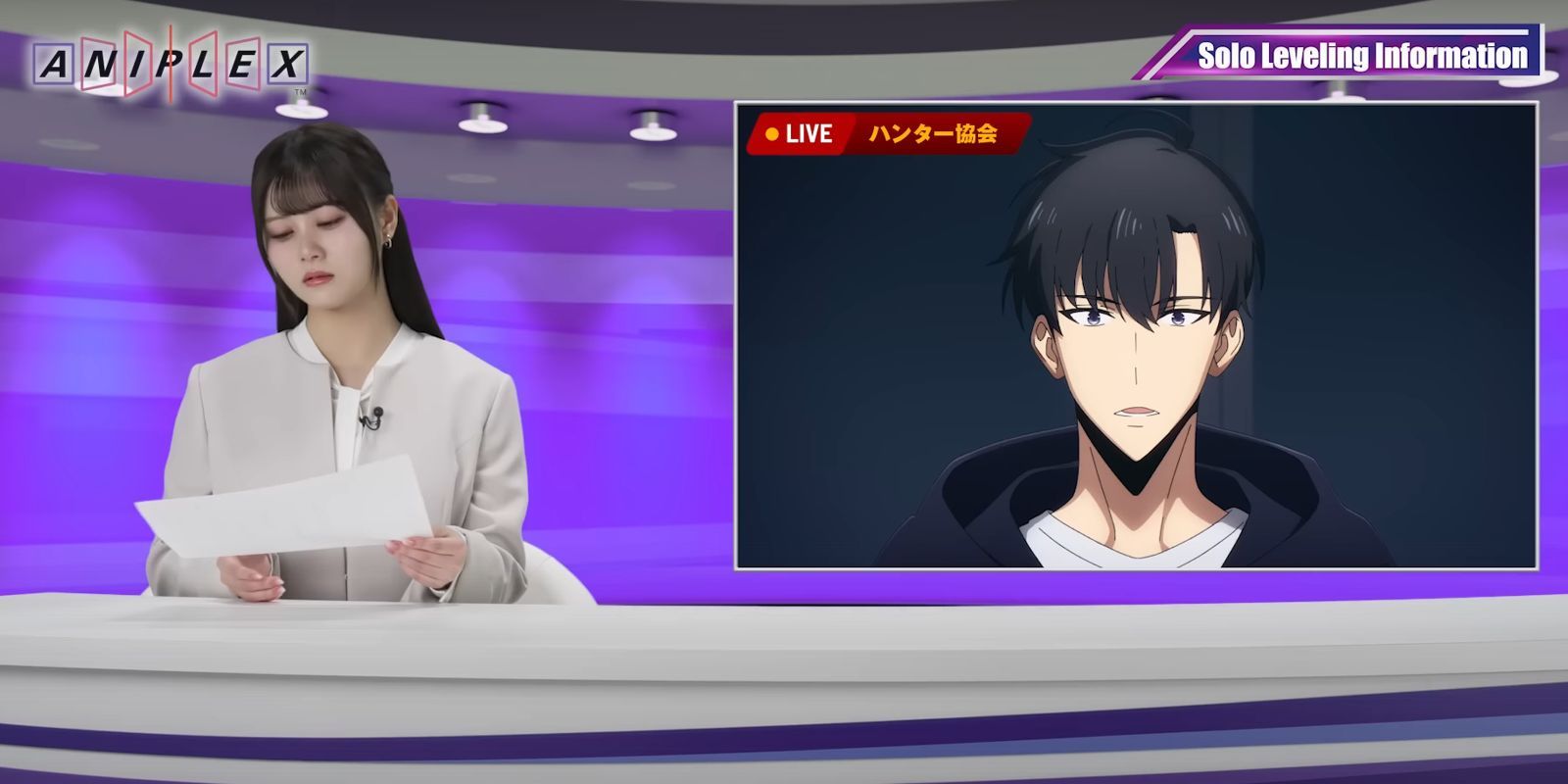
Related
Solo Leveling’s Sung Jinwoo News Gets Real-Life Announcement
Breaking news interrupted Solo Leveling Season 2 Episode 7’s broadcast in Japan.
The thread started when a user shared an X (formerly Twitter) thread addressing the censorship in the Japanese version of the manhwa. As relations between Japan and South Korea are complex, and since the series makes some commentaries about the Japanese government and portrays Japanese hunters as arrogant, there were some changes in the translation.
In Japanese, the series takes place in Tokyo, not in Seoul, and characters’ names were changed to Japanese names – which are choices incredibly similar to how American translations of anime used to be back in the 1990s.
In contrast, the anime has kept the original names and places in the international versions – including Jeju Island, which is a real island in South Korea. Of course, like many adaptations, there are a few differences between the anime and the manhwa.
There’s Still Censorship in the Japanese Dub
While the anime is not set in Tokyo, a user has pointed out that Seoul or South Korea are never mentioned in the Japanese dub of the series:
Well, it’s not like they kept the censorship out of the anime.
There’s never a mention of Korea or Seoul in the Japanese dub.
Another user agreed and commented:
Yes exactly. There’s censorship all over the anime since the beginning it’s just been more subtle so far. OP’s comments about the Jeju arc being the most overt scenario of regional politics (requiring more censorship than usual up to this point) is interesting because it shows the kind of sensitivities and limits Japan has towards Korean depictions…
A third user added:
Also about Jinwoo’s father, his introduction was changed a bit between the manhwa and the anime.
If I’m remembering right, when he’s found in the gate and is speaking to the American hunter, he says “I’m Korean, I want to go home” in the manhwa.
In the anime he says “I’m human, I want to go home”.
Really simple but unnecessary change. The only reason I can think of for the change is the political reasons, which is kinda lame. I don’t know very much abt the history between Korea and Japan, but censorship of any kind is frustrating to see. It’s like they’re trying to remove any mention of Korea from the anime except for the bare minimum.
However, another user, who claimed to be Japanese, stated he didn’t even know about the Japanese translation of the manhwa before the anime:
I’m Japanese and I didn’t even know a Japanese version of the manhwa existed until that solo leveling game came out (the jp dub renames all of the characters) and I didn’t mind the portrayal of Japan at all since I understood it’s a Korean manhwa and nationality really doesn’t matter in a masterpiece like Solo Leveling
That being said I completely understand why they had to redo everything for censorship bc not all people in Japan understand stuff like that
The Jeju Island Arc is probably the arc containing the most criticism of Japanese people, portraying Japanese hunters as weak and arrogant – which is unlikely to be taken well among the Japanese audience. This arc is expected to begin in Episode 21 (Season 2 Episode 9).
Japan and South Korea Tense Relations
In 1910, Japan officially annexed Korea as part of its empire – some scholars claim that Japan had held high influence over Korea since the fall of the Joseon dynasty in 1987, to the point that Korea could be considered an unofficial colony of Japan from 1987 to 1910.
Since Korea became independent of Japan in 1945, the period under Japan and its brutality – especially during the Second World War (1939-1945) – have become a heated and controversial topic. Koreans and Chinese, especially, claim that Japan hasn’t properly paid for war crimes and crimes against humanity – Japan denies that, claiming it has properly paid for everything it was charged with and convicted.
The “comfort women”, women and girls forced into sexual slavery by the Japanese Imperial Army (a good portion of them were Korean or Chinese, but there were also Japanese comfort women), became a symbol of these crimes, but there were many others, including Unit 731, seemingly alluded in the name of a My Hero Academia name, and which caused such a controversy with South Korean and Chinese audiences that the name of the character was changed. Official visits to the Yasukuni Temple by Japanese authorities also usually spark controversies in China and in the Koreas.
As South Korea and China have become important regional and global players, defying the Japanese hegemony in Asia, these complaints have gained more international attention recently. The Japanese colonial past and Japan’s hegemony over Asia are two main sources of tension between Japan-South Korea and Japan-China relations. These tensions, of course, lead many Korean and Chinese people to hold a strong anti-Japanese sentiment.
Solo Leveling is available to stream on Crunchyroll, subbed and dubbed. It is also available on Netflix in select Asian countries.
Source: Reddit
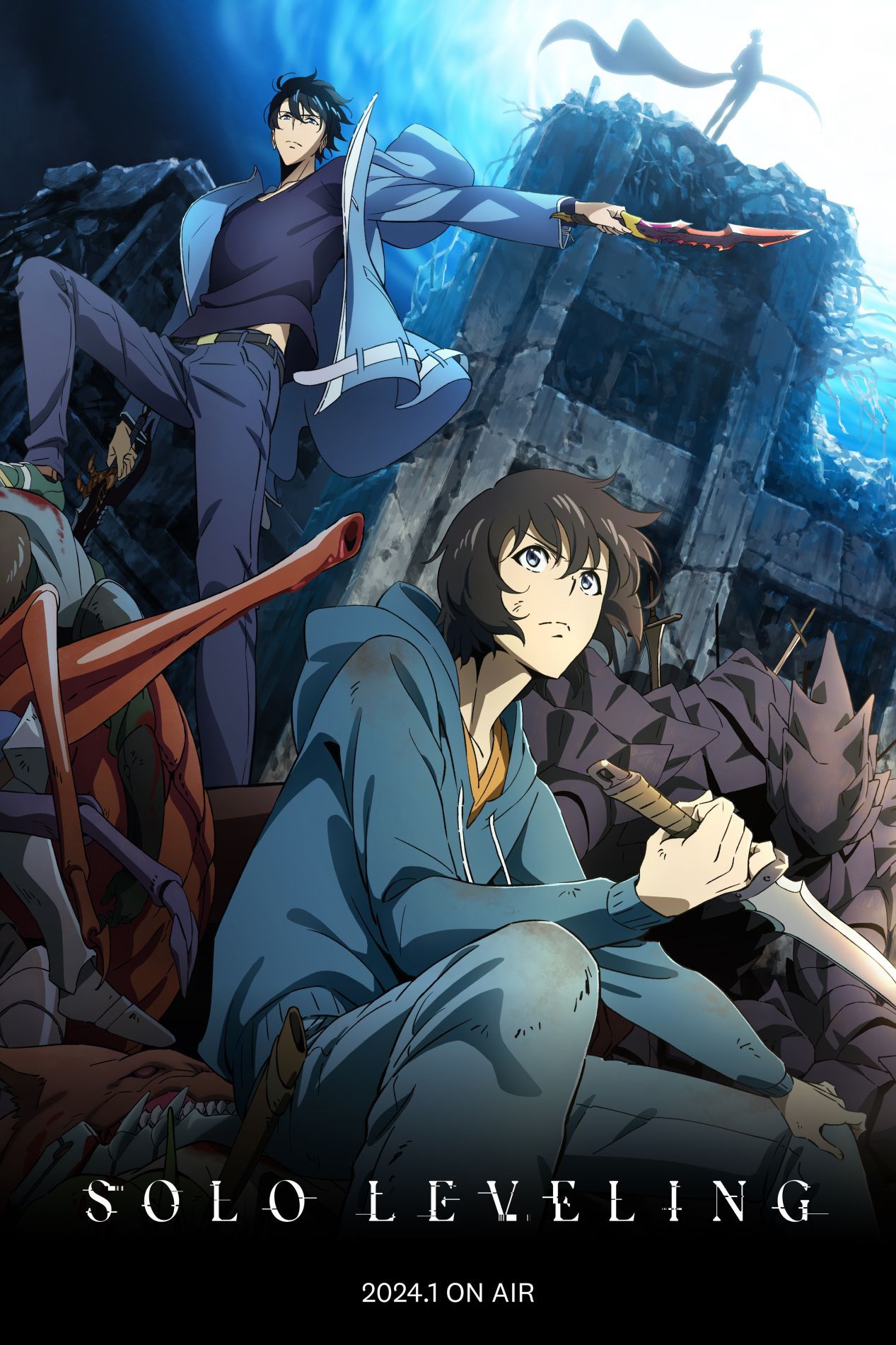
Solo Leveling
- Release Date
-
January 7, 2024
- Directors
-
Shunsuke Nakashige
- Writers
-
Noboru Kimura
-

Taito Ban
Shun Mizushino (voice)
-

Genta Nakamura
Kenta Morobishi (voice)
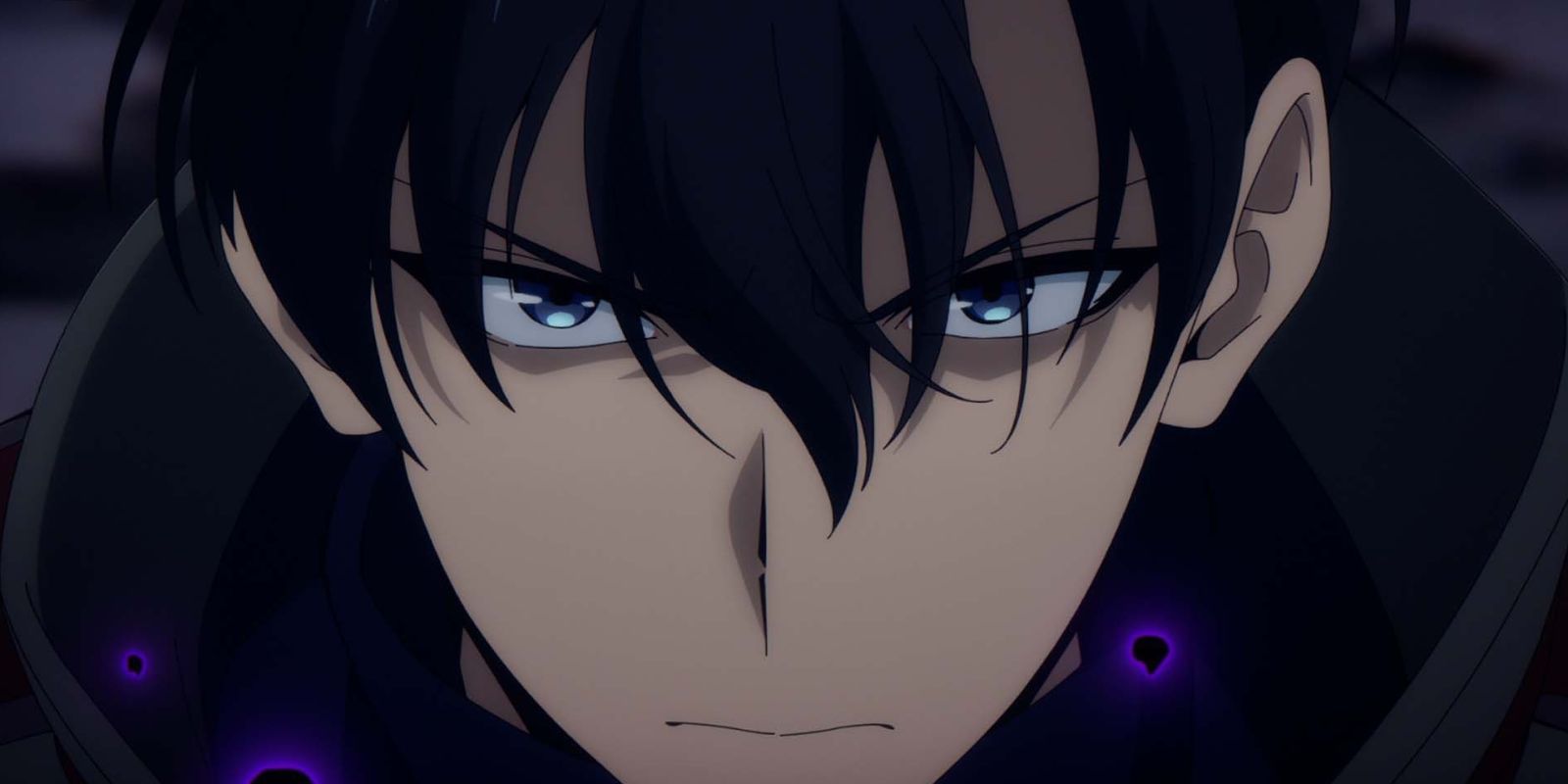
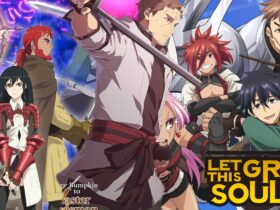


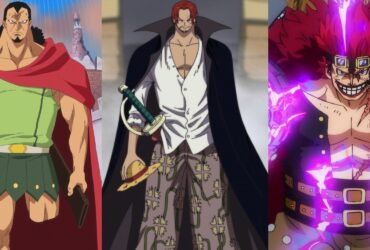
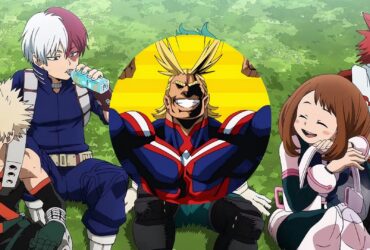
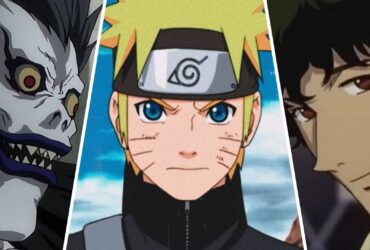
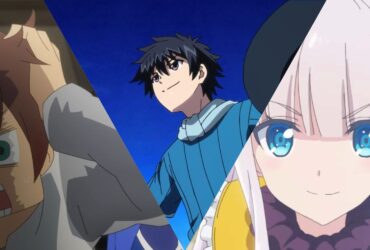
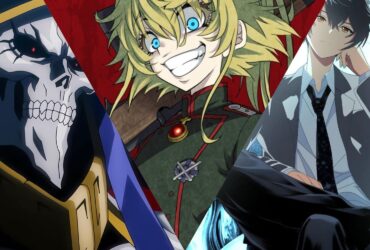
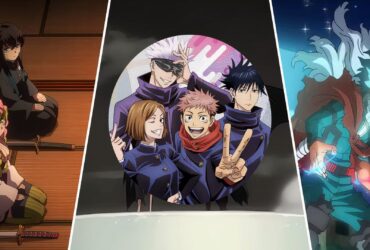
Leave a Reply